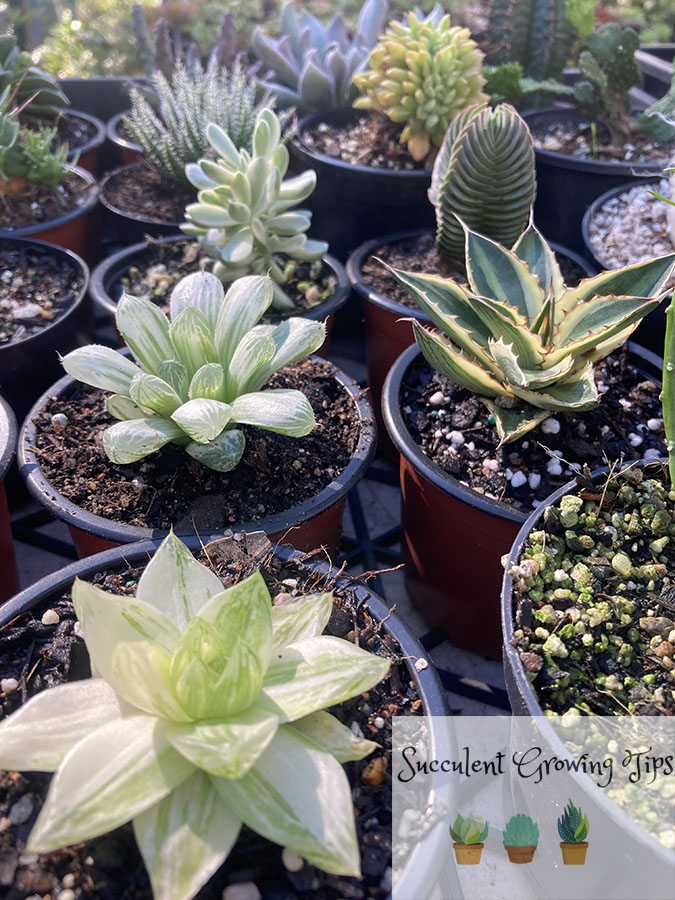Your cart is currently empty!

How To Fertilize Succulents- Tips & Tricks
Many choose to get succulents over other plants as they are known to be hardy and low maintenance. But for others succulents are more than just tough garden plants designed to be planted, look good and forgotten about.
In recent years succulents have become a passion for scores of people who collect and take great deal of care to make sure their succulents are in top form. With other plants, fertilizing is a big part of growing beautiful healthy specimens. So what about succulents? Should they be fertilized? Do you need any special succulent fertilizer?
Whether or not to fertilize succulents can largely depend on why and where you are growing succulents. Garden succulents planted in the ground do not need any fertilizer, although a little bit will not hurt them and can aid growth. Succulents in pots, however, will benefit greatly from a little slow release fertilizer especially if you want them to produce pups and grow large. But too much fertilizer or the ‘wrong’ fertilizer can hurt succulents as they dislike certain elements.
Succulents are not particularly keen on nitrogen heavy fertilizer, compost or manure based fertilizers. These usually work wonders on other plants but can cause splitting leaves, fast and leggy growth and loss of shape and colour in some succulents.
Having said that the toughest garden succulents such as Crassula ovata, Sedum rubrotinctum or Graptopetalum paraguayense will handle even compost and manure without any adverse effects.
How do I know? At our nursery we have extensive succulent gardens interplanted with native plants which we fertilize with good ol’ cow poo and all the plants grow very well. We do, however, choose the succulents for these gardens carefully and only use super tough species that we know will be able to handle anything. I would never use manure fertilizer or potting mix with compost/manure on our nursery plants that we sell.
If you’re not sure how hardy your succulents are or if you’re collecting succulents, a much better approach is to get a slow release fertilizer with a balanced ratio of Nitrogen- Phosphorus- Potassium (NPK) of 8-8-8 or 10-10-10 (or close to these numbers). Some succulent potting mixes already have slow release fertilizer mixed through, but it is good to top- dress (sprinkle a bit of fertilizer on top of the potting mix) your plants in the growing season. The growing season may vary from species to species but for the majority of succulents , this would be spring.
Our nursery buys succulent potting mix with fertilizer already in and we top dress most plants in the first month of spring. And that is it. We don’t use any more fertilizer than that. The plants just do not need it. In our experience, this way succulents will grow at their natural pace, and be more compact and colourful.
We also do not use any extra fertilizers like compost teas, manure teas or fish solutions. In my opinion, they are not necessary for succulents. If you would like to try though, by all means, do but make sure the solution used is weak. I’d also steer clear of fertilizing in winter when most succulents are dormant (except for plants that grow in the cold months such as Aeonium).
Most succulents are not difficult plants and fertilizing them should not be an elaborate and time-consuming task. My recommendation would be to have good quality potting mix and a balanced ratio fertilizer for plants in pots. Succulents in the ground will often look after themselves.